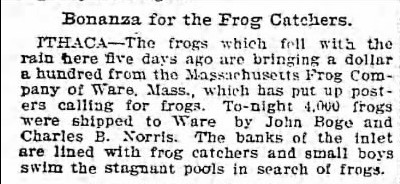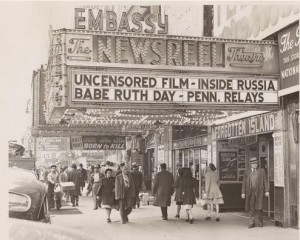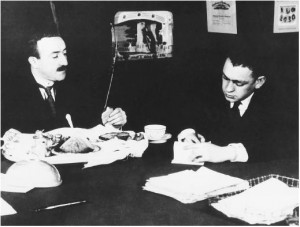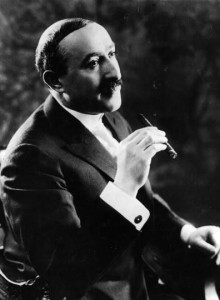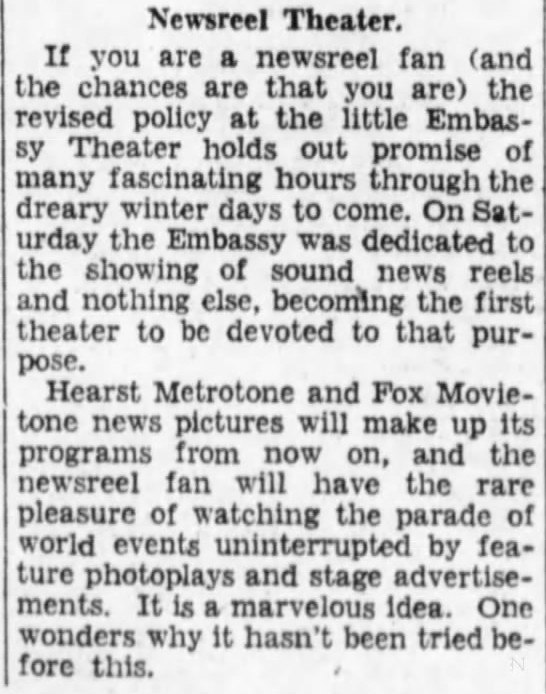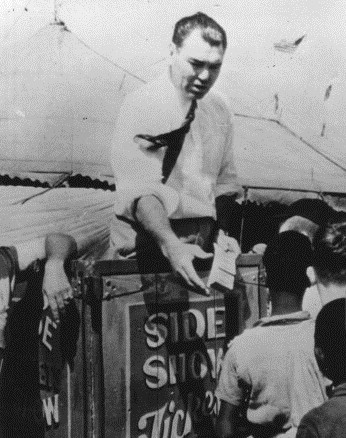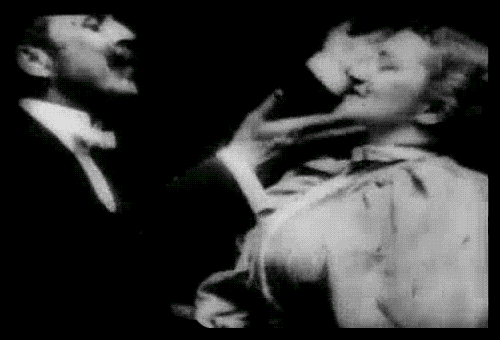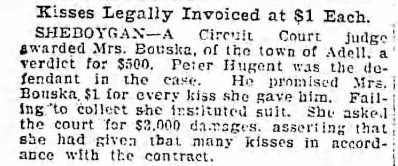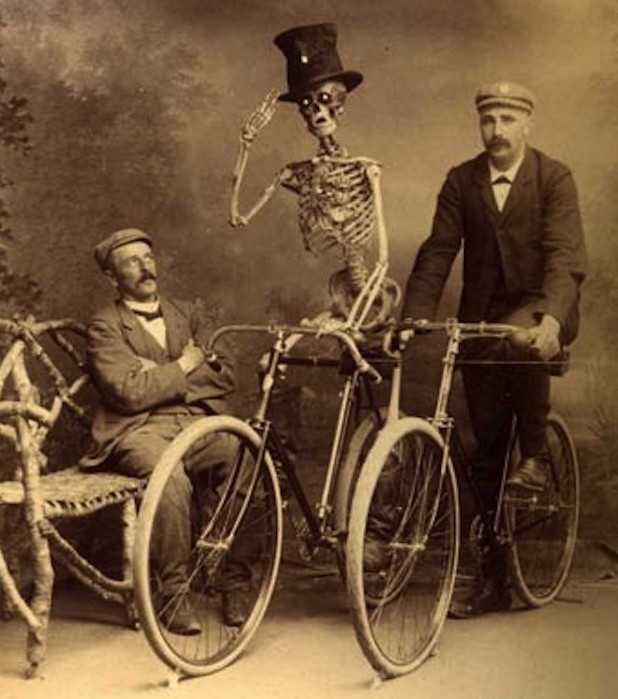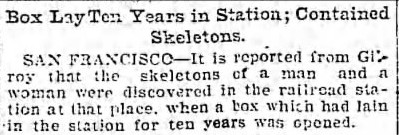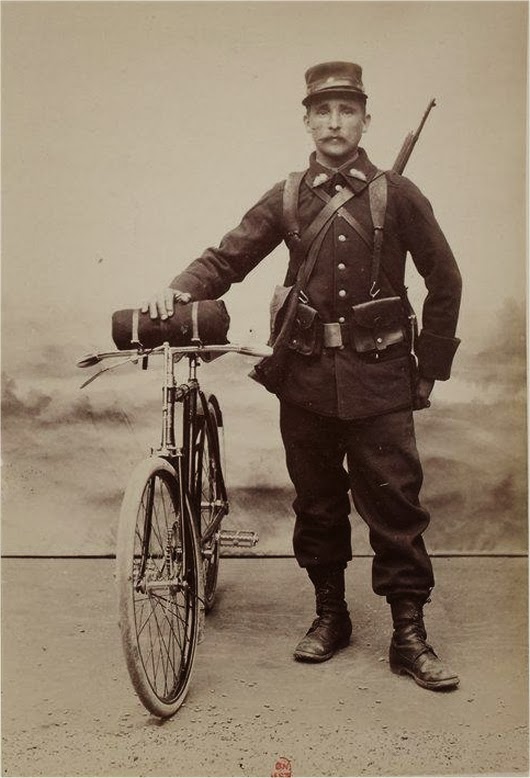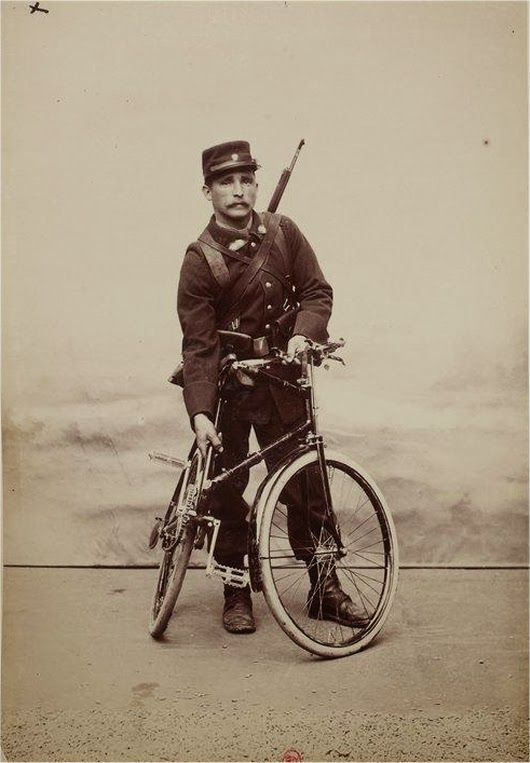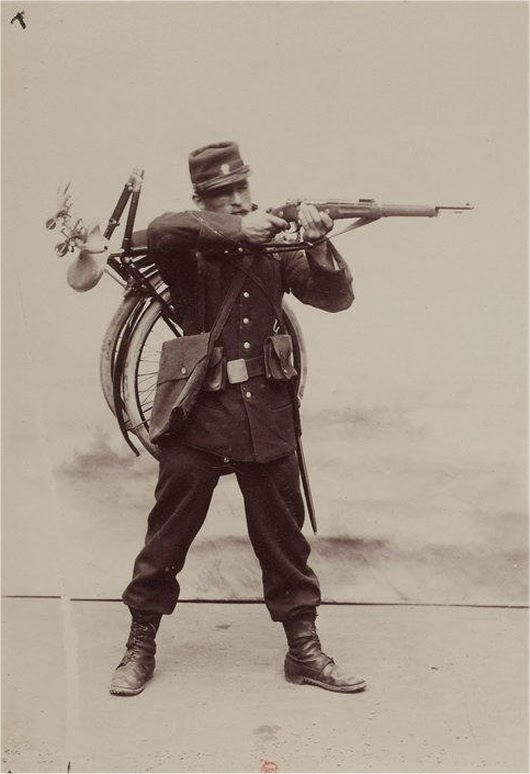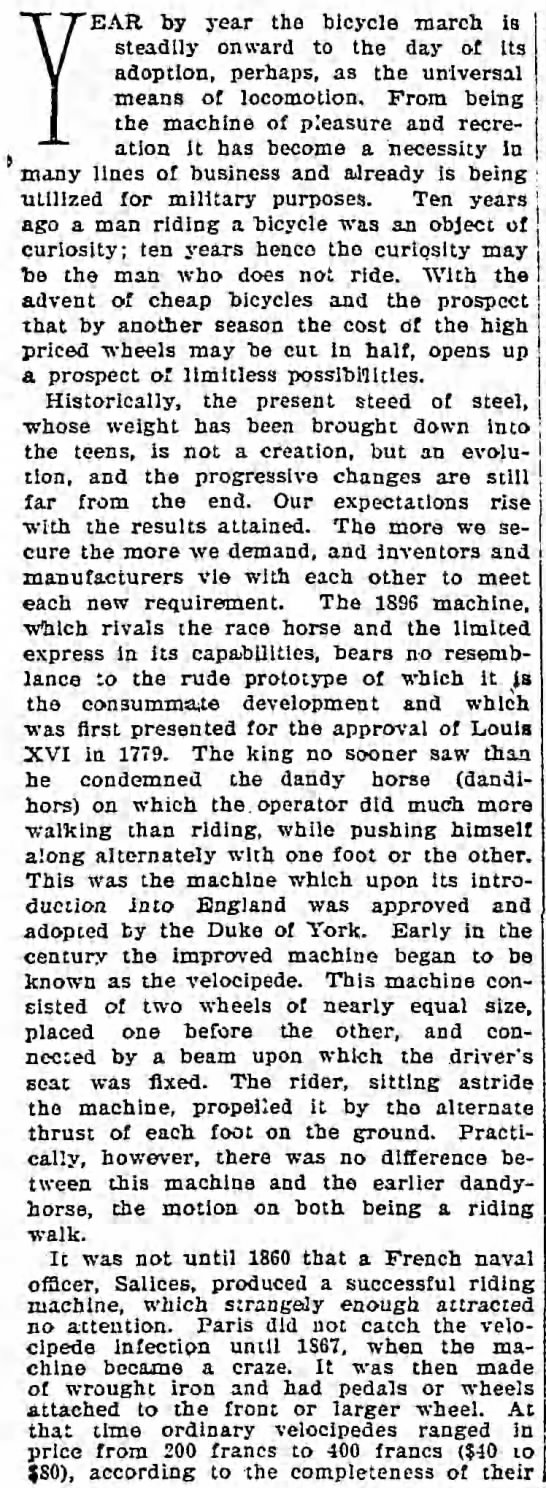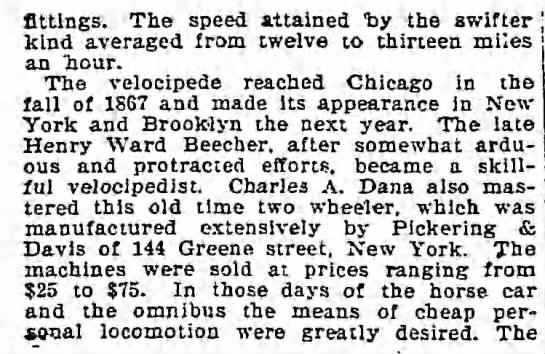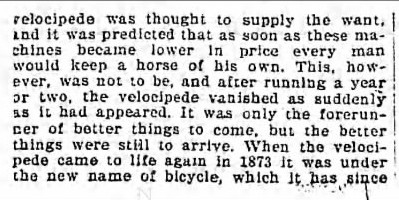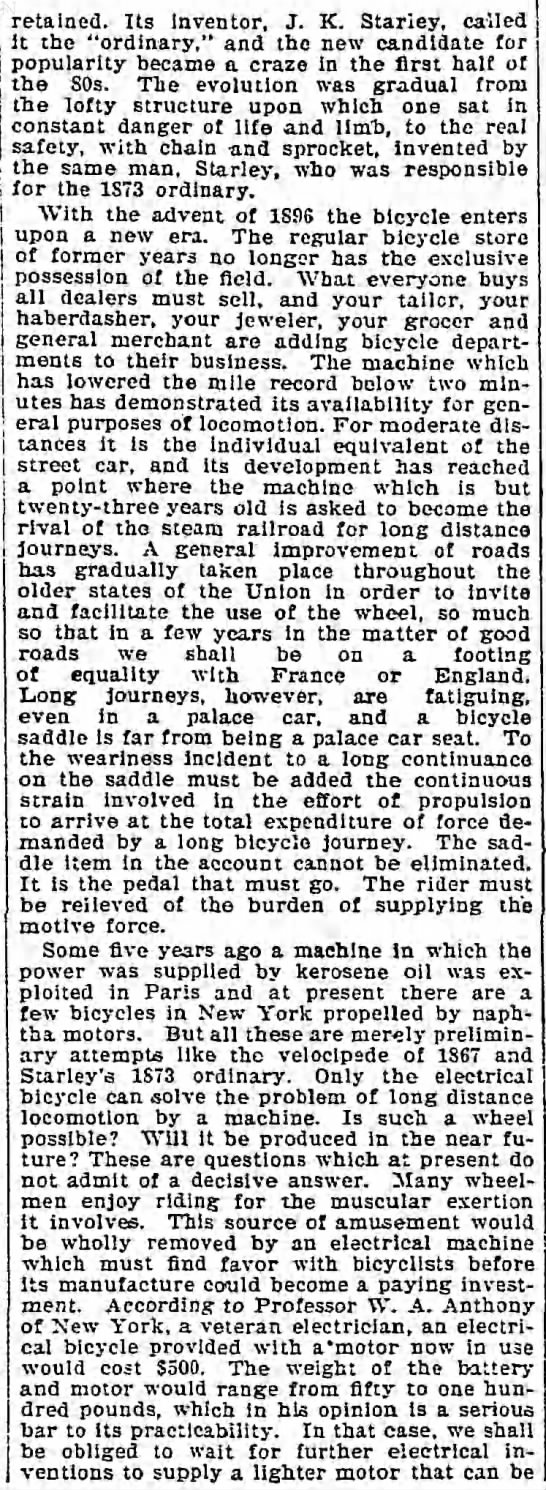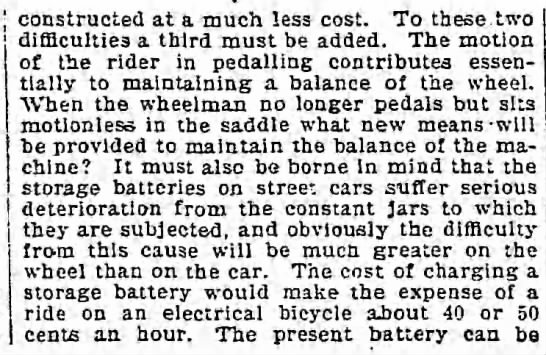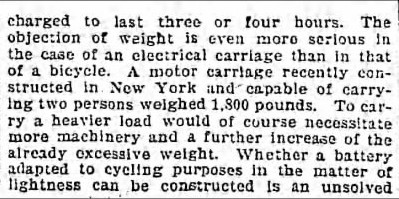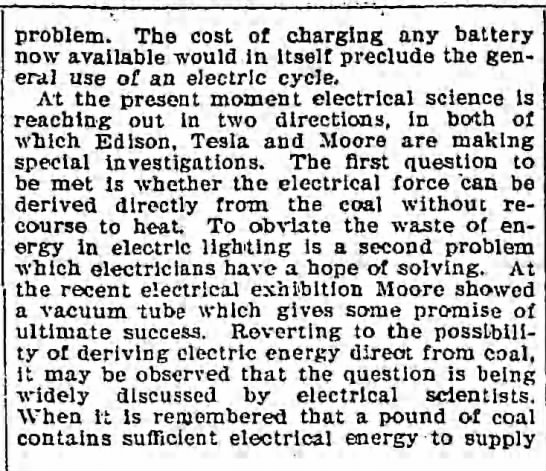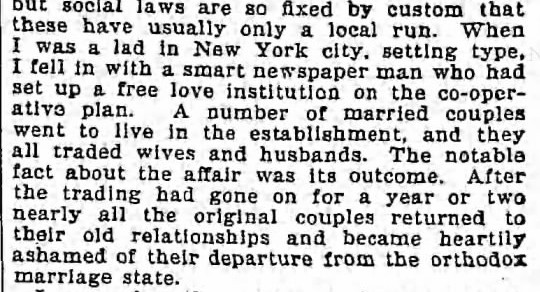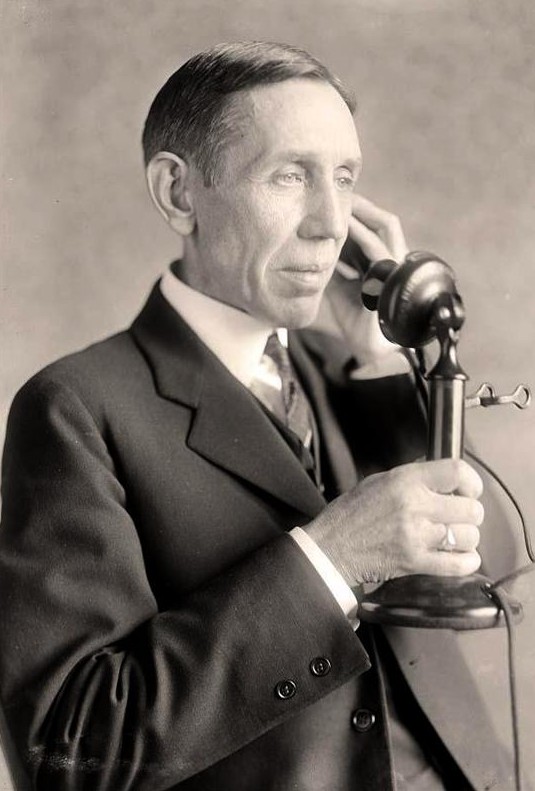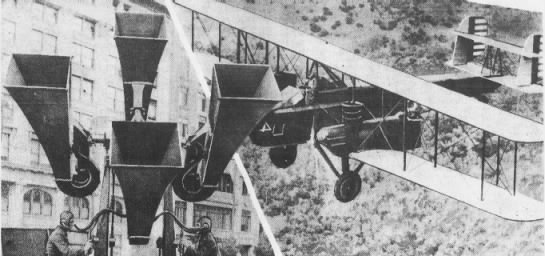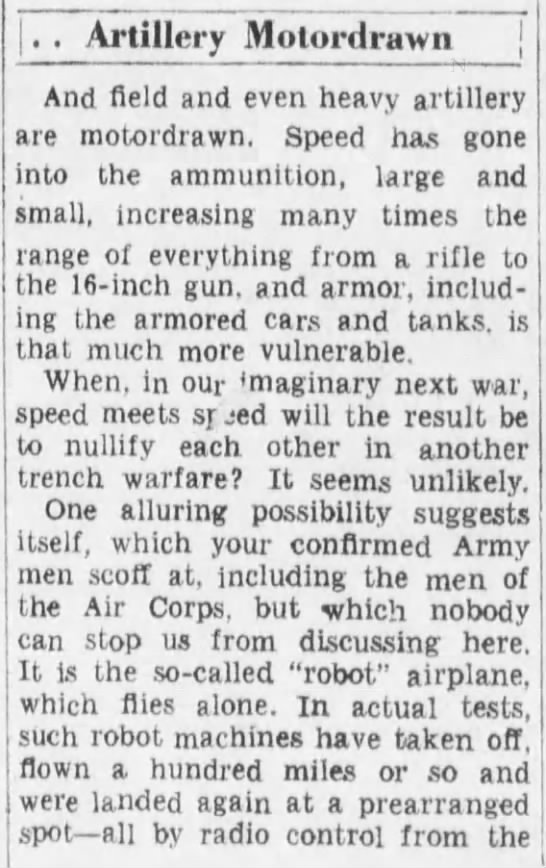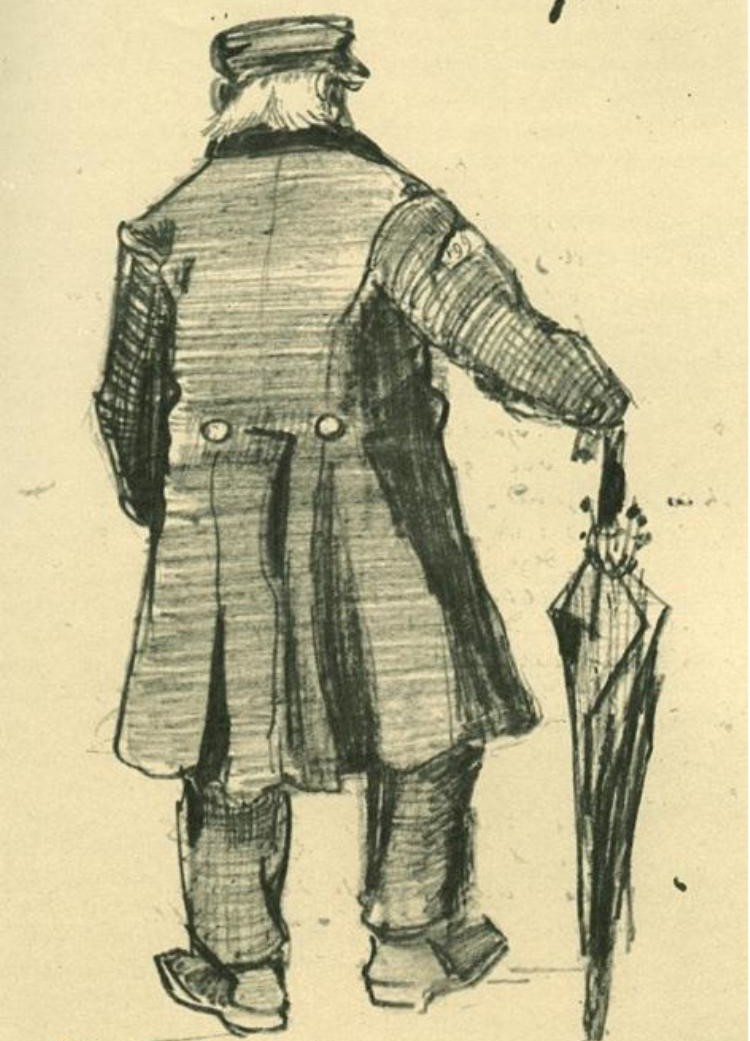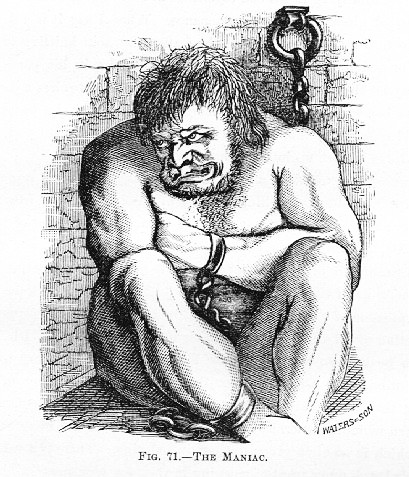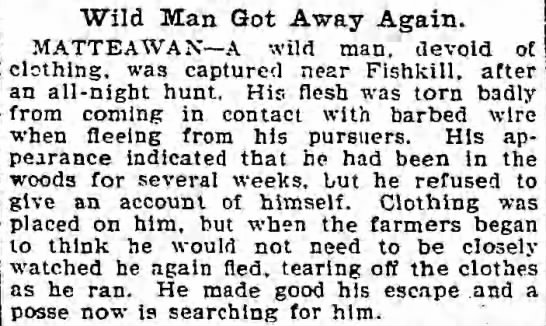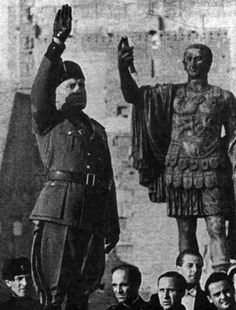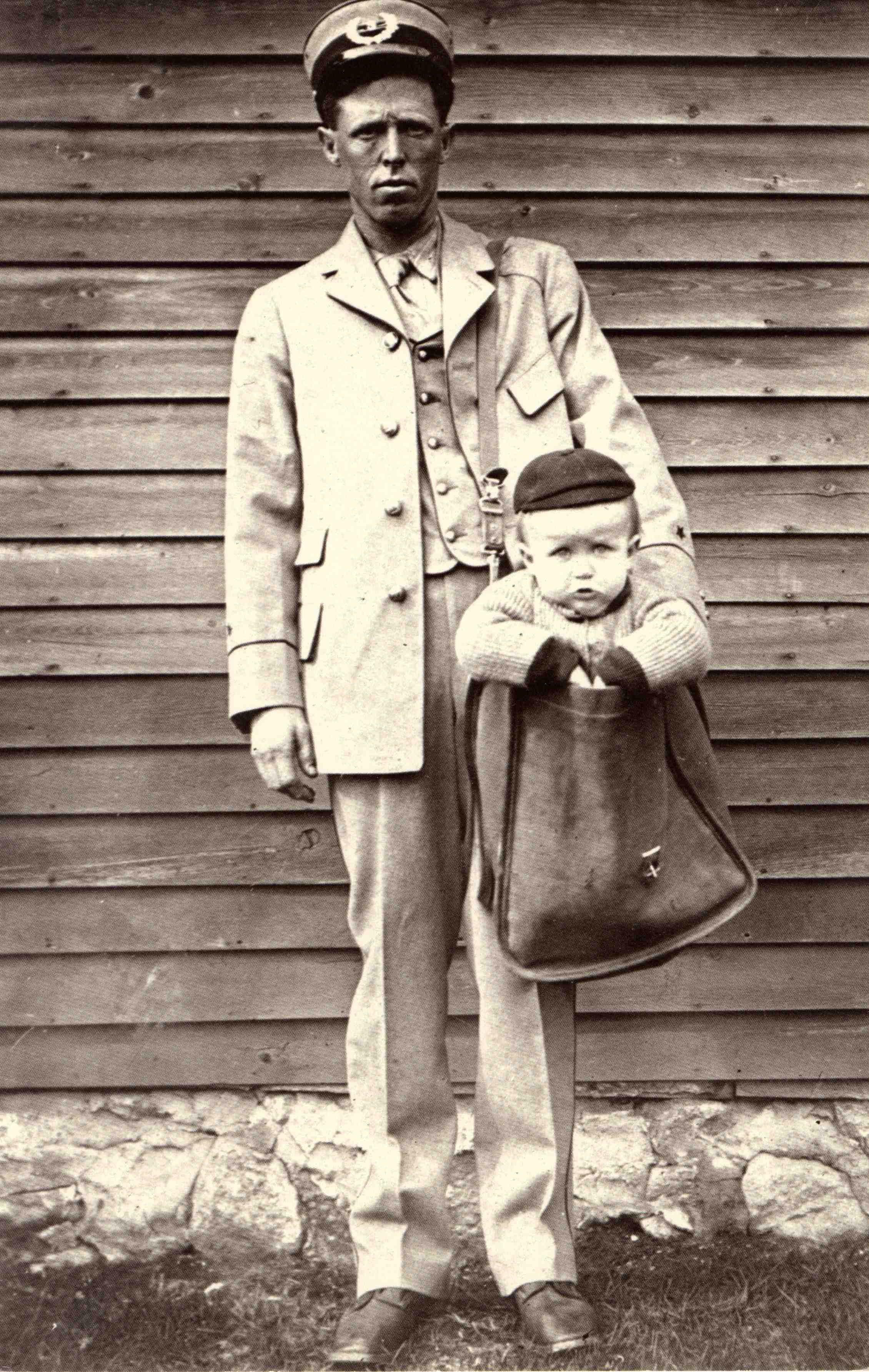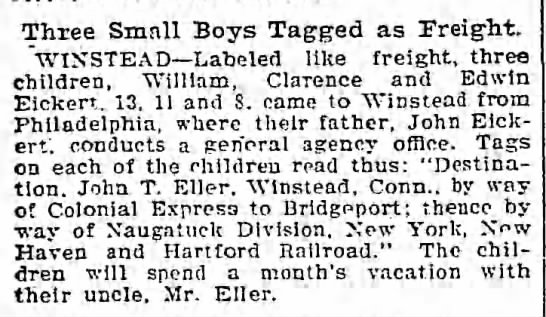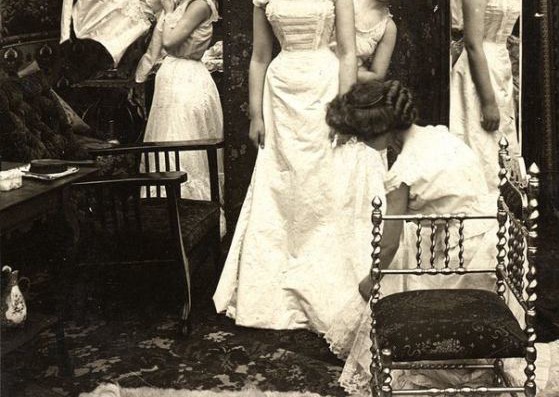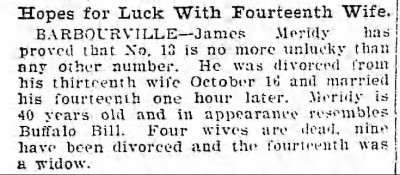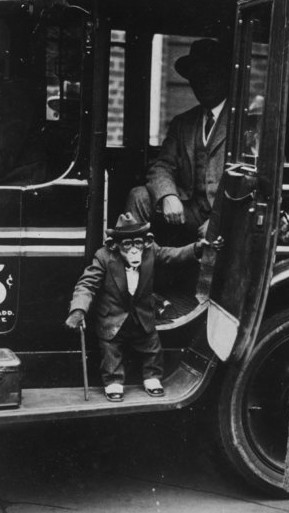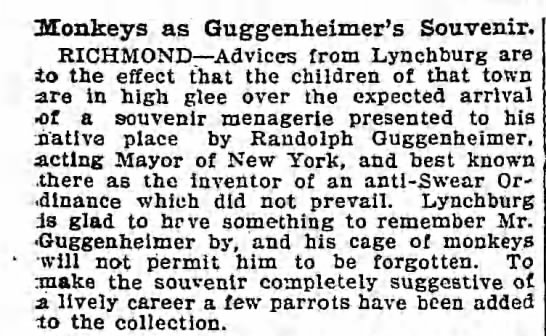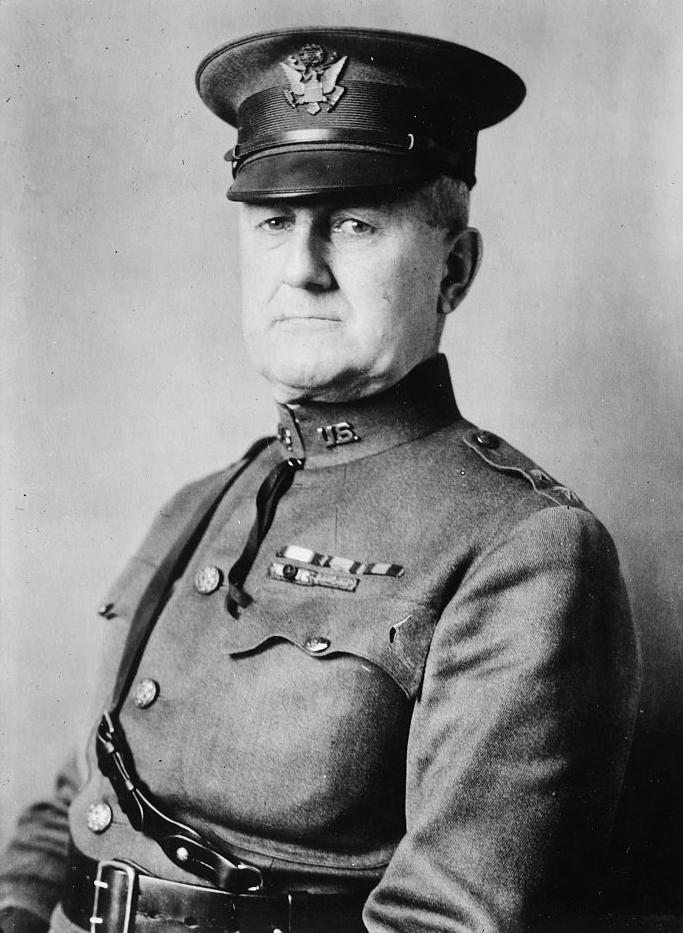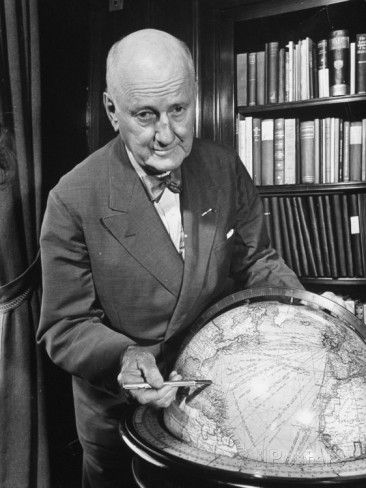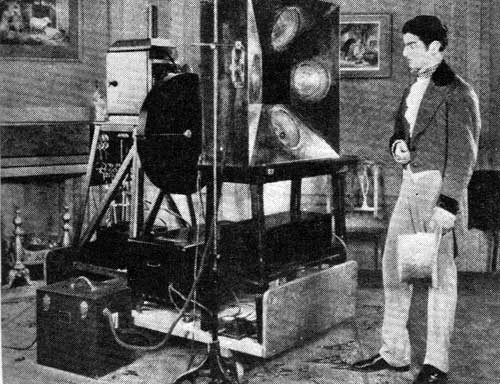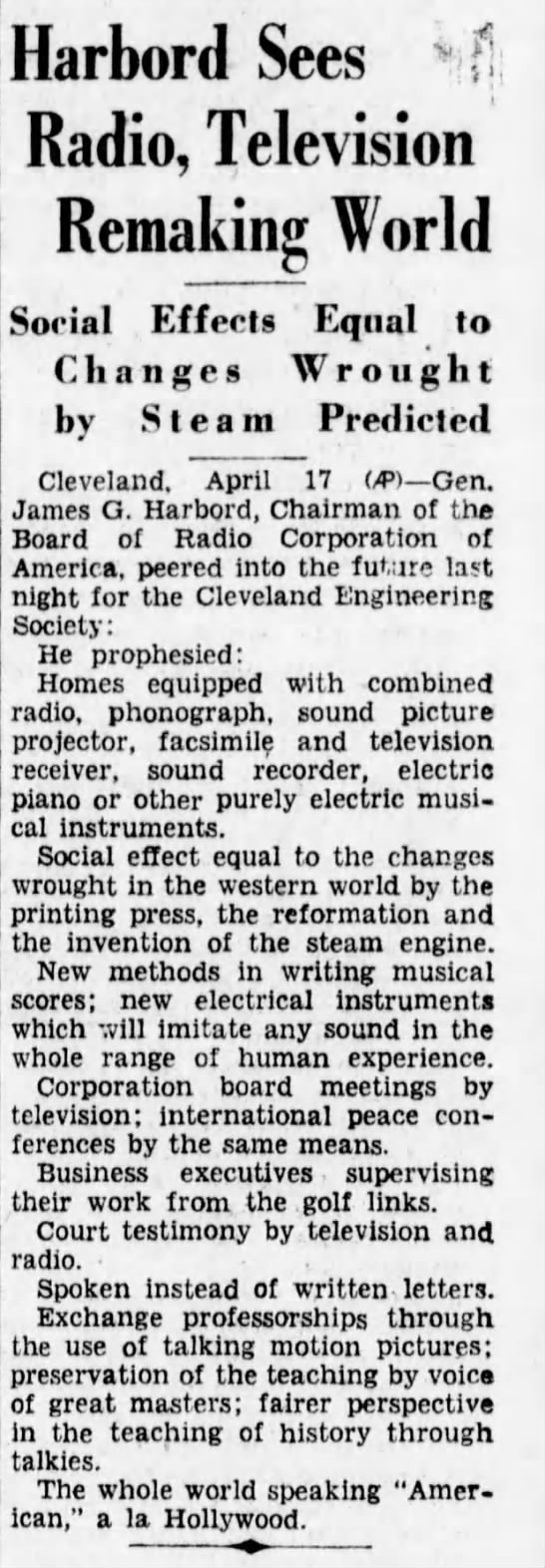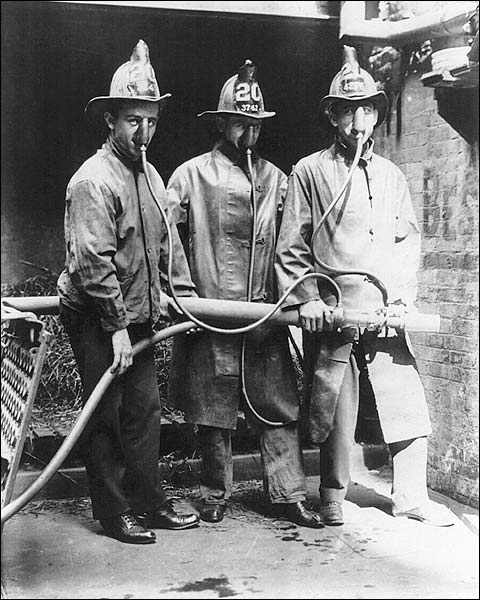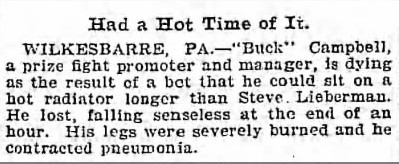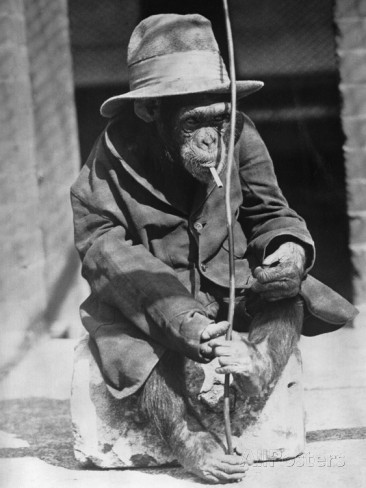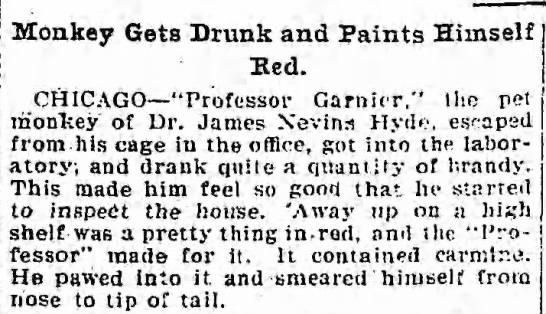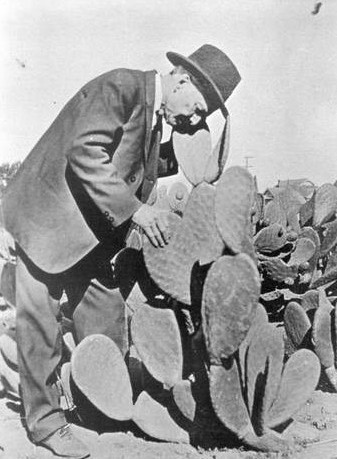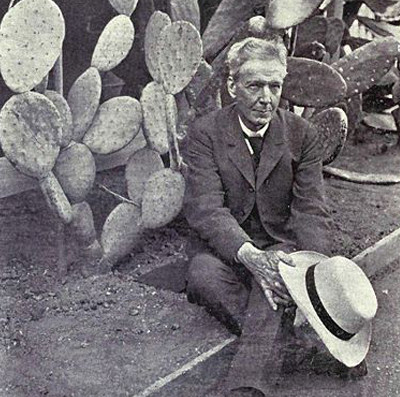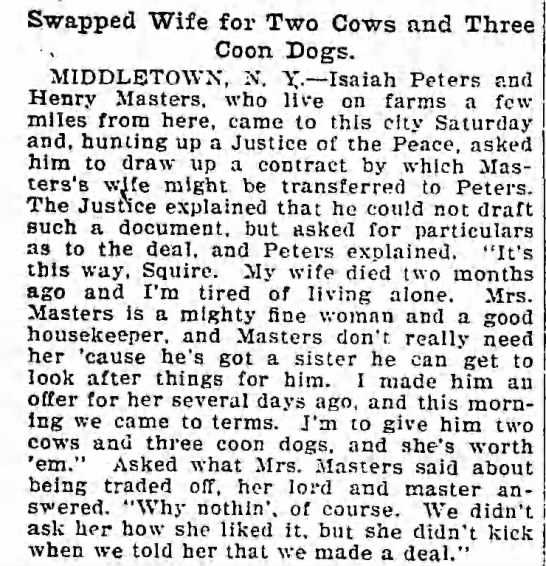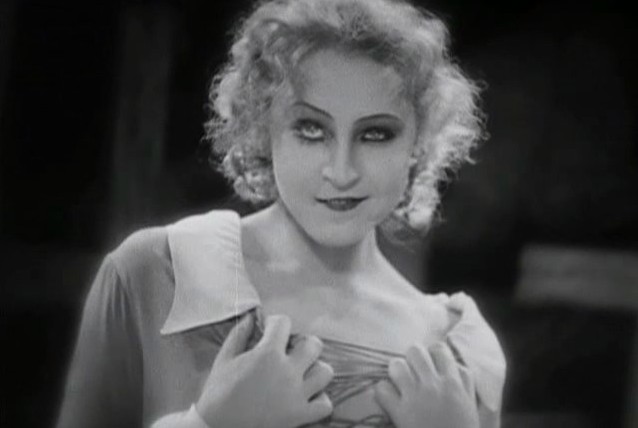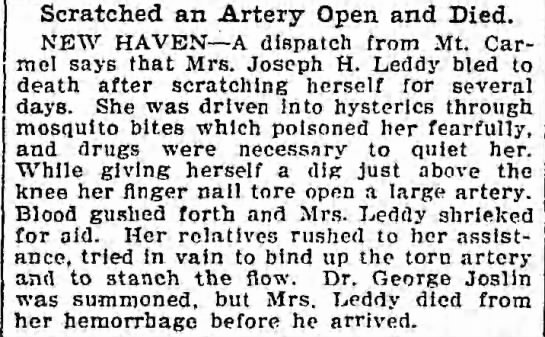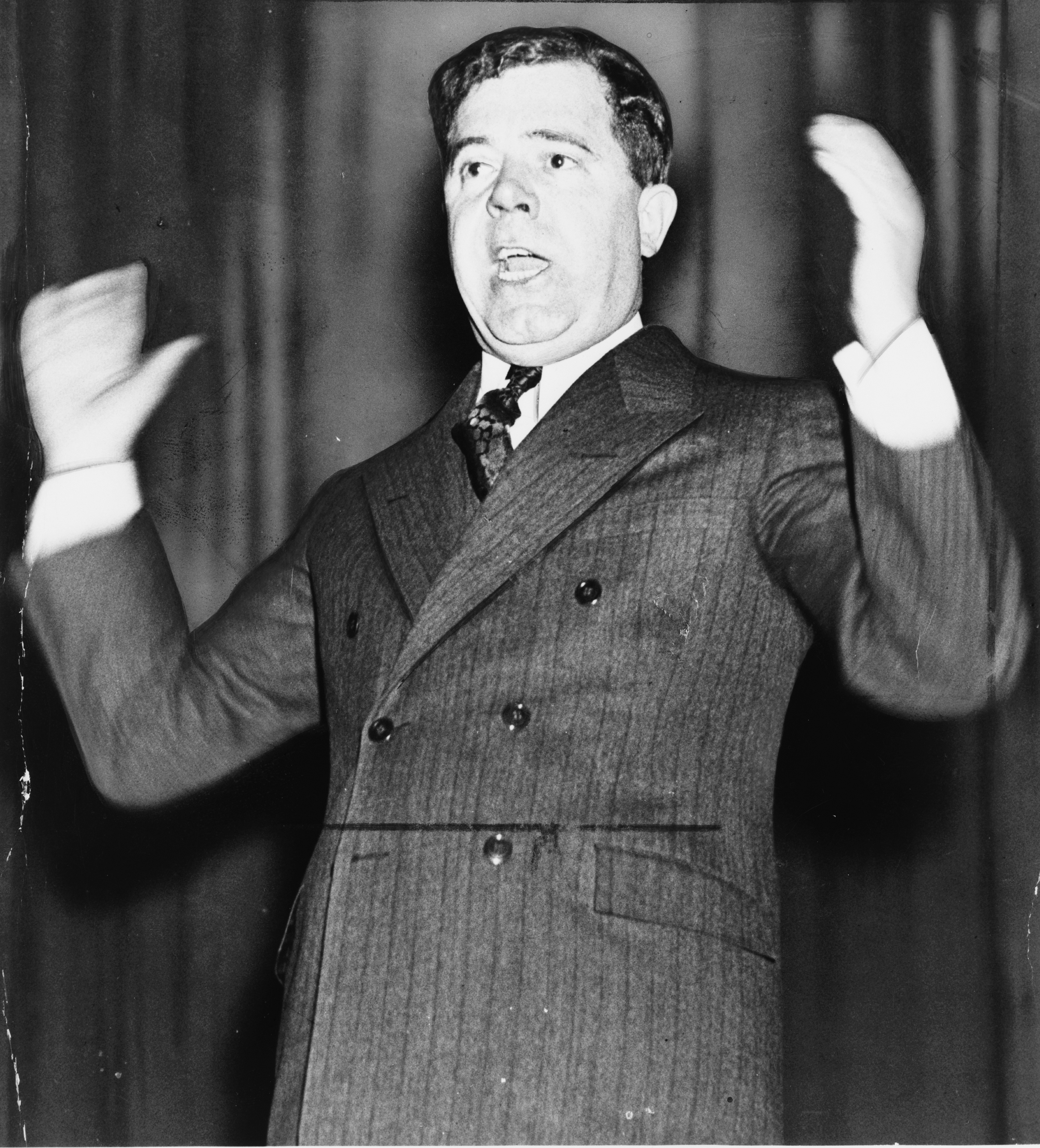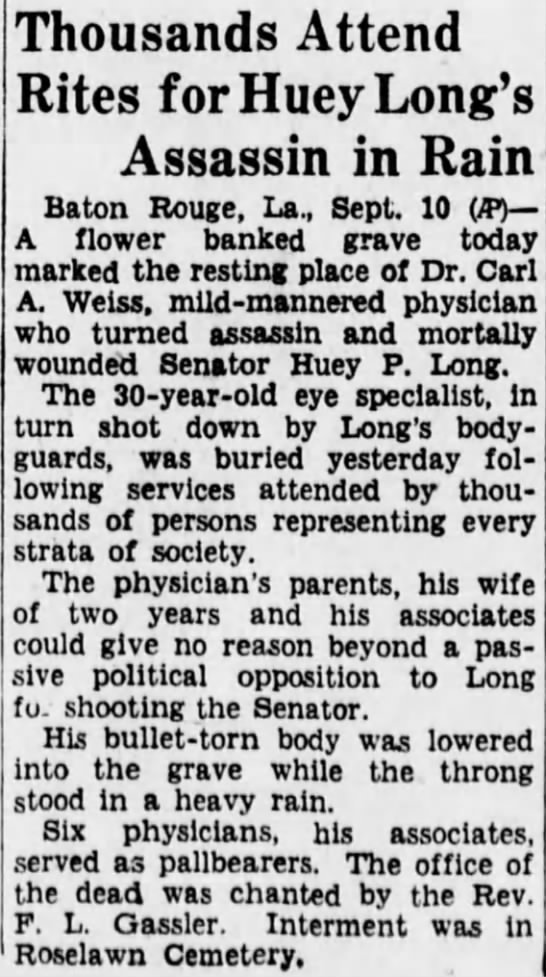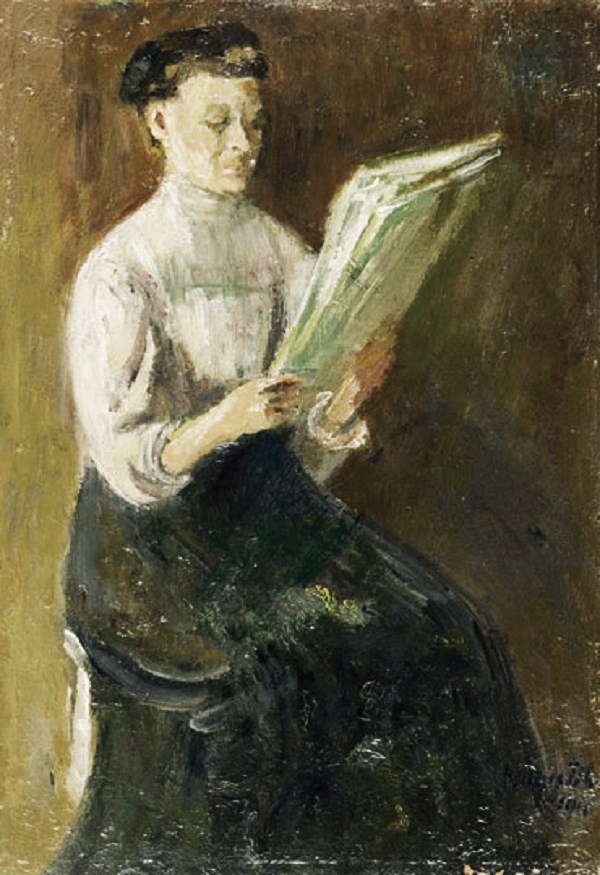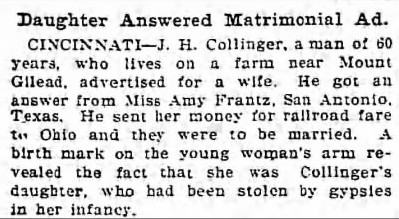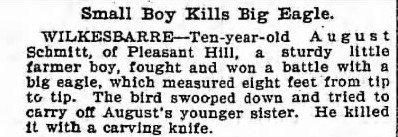From the July 13, 1901 Brooklyn Daily Eagle.
You are currently browsing the archive for the Old Print Articles category.
The “Fox” in Fox News, a 24-hour House Un-American Activities Committee sponsored by Bush’s Baked Beans, is taken from the surname of pioneering film producer William Fox, whether he would be happy with the contemporary association or not.
One of Fox’s great innovations was the launching, in 1929, of the Embassy Newsreel Theatre in Manhattan, as a showcase of continuous non-fiction fare, presaging around-the-clock cable by many decades. Newsreels–or “film newspapers“–had been popular since the beginning of cinema, but until Fox they were secondary to the main attraction in the United States. He redefined them as the attraction.
By 1930, the proprietor had lost control of his film company and theaters, having been knocked out by a near-fatal automobile crash and the stock-market collapse. This reversal was followed by legal problems, a commission of perjury and a prison stint. Fox died in 1952, largely forgotten by the media he helped define. Text follows of a brief, understated article from the November 4, 1929 Brooklyn Daily Eagle, unwittingly announcing the moment when news in America–or something resembling it–became an infinite loop.
Tags: Edward Blazier
Jack Dempsey, boxing champion nearly a century ago, was not a fan of machines, except when they benefited him. The heavyweight fancied himself a John Henry, ready to reduce robots to so many buttons and bolts. In his own way, he was an Ur-Kasparov, believing no “mechanical man” could conquer him, and by extension, humanity. They were both fooling themselves, of course.
Dempsey was outraged that in the Industrial Age, work in mining and blacksmithing had been taken from humans by machines, supposedly softening men, making it impossible to nurture great fighters. He railed against “gymnasium” pugilists, though, of course, those establishments turned out better boxers than the coal industry ever did.
It was funny because Dempsey himself was dandified and softened by the rise of the machines, the recipient of a new nose courtesy of cosmetic surgery, which was intended to make his face more presentable to Hollywood’s motion picture cameras. In the dotage of his association with the sport, when he entered the ring as a celebrity referee rather than a principal, Dempsey voiced his bitter feelings to the Brooklyn Daily Eagle in an article on September 26, 1933.
Tags: Jack Dempsey
Tags: Mrs. Bouska, Peter Hugent
The sudden popularity of the Internet beginning in 1995 has an antecedent in the sweeping success of an earlier technology, that of the bicycle, which exploded in America in the 1890s in a way that could not have been comprehended just a decade earlier. From an oddity to a staple just like that. Not an intermittent fad like roller skates (and, later, blades), the bike quickly gained such a foothold that it seemed only the emergence of a dependable, affordable electric version was needed for it to become the primary transportation of the future. That’s not how it worked out, of course, but an article in the June 18, 1896 Brooklyn Daily Eagle was published when that still seemed possible, even likely. As the piece states, some early versions of motorized bicycles were powered by kerosene, and Edison and Tesla were training their talents on the problem. The article’s opening follows.
Tags: Dr. Sylvestre
Nikola Tesla was dreaming his seemingly impossible dreams of drones–bolts of Thor!–a century ago, but some military analysts in the U.S. began to seriously consider pilotless planes dropping bombs and aiding in surveillance in the relatively pacific period between the two World Wars. In an article from the September 8, 1934 Brooklyn Daily Eagle, which also looked at experimentation in germ warfare, robotic fliers were proposed, though the U.S. military wanted to no part in such outlandish speculation.
Tags: Anthony Lodenz
The problem with treating fledgling fascists like jokes is that’s what they all seem like, at least initially.
I’m sure Benito Mussolini originally appeared to be a vulgar cartoon too outlandish to be feared, until it was too late, his entire country perverted into something awful before his murderous gaze. One of the least-insane things he did: In 1933, Il Duce ordered all Italian newspapers to push aside current events and dedicate their front pages to articles about Julius Caesar. The message was clear, that Mussolini was a latter-day Caesar and would rule with absolute authority. Tragically, that’s how things went, until he found himself hanging from the business end of a meat hook from the roof of an Esso gas station in 1945. The odd decree was covered in an article in the Brooklyn Daily Eagle in September of that year.
Tags: Benito Mussolini, Julius Caesar
Tags: James Meridy
Tags: Randolph Guggenheimer
Lieutenant General James G. Harbord retired from the U.S. military not long after the conclusion of WWI and in 1922 assumed the leadership of a company, RCA, that was trying to win hearts and minds through technology. Harbord had a central role in setting up the company’s long-term success as he steered RCA for nearly a decade before giving away to business legend David Sarnoff. While serving as chairman, Harbord’s vision of the technological future was recorded in an April 17, 1931 Brooklyn Daily Eagle article. He could see the massive impact media was about to have and pretty much nailed portable, telecommuting, MOOCs, etc.
Tags: James G. Harbord
Tags: "Buck" Campbell, Steve Lieberman
By any standards, California’s Luther Burbank was a virtuoso botanist and horticulturist, mixing, matching and creating. Among the hundreds of exotic varieties he hatched from his experimental Santa Rosa farm, greenhouse and nursery–which included plants, potatoes, fruits and flowers–was the spineless cactus. The “plant wizard,” as he was called, was a beloved public figure until months before his death in 1926 when he created a furor by simply expressing his skepticism about an afterlife. “I am an infidel,” he asserted. Burbank was mocked openly in some quarters for such heresy. Twenty years before his dramatic, if abbreviated, fall from grace, he was the subject an admiring 1906 New York Times profile. The opening:
Every summer our transatlantic steamers are burdened with great throngs of travelers beginning their pilgrimages to the shrines of departed genius. In America, too, we may visit places made illustrious by the former presence of Washington, Jefferson, Lee, Lincoln, Emerson, Poe, and other native men of genius. But, disguise it as we will, the visits are at last to cemeteries, where everything is described in the past tense.
But there is in America at this moment a man of the very greatest genius, just in the flower of his fame, a visit to whom not only emphasizes his genius and his leadership in thought and living things, but also enables one to see far into the future. There is a searchlight of truth in constant operation at Santa Rosa, Cal., and the mind and heart of Luther Burbank are the lenses through which the light is focused. Long ago I resolved to beg the privilege of standing near the searchlight and making a few observations as it illumined some of the peaks of knowledge I could never hope to scale.
Our so-called “Captains of Industry” are busy men, but many of their duties and responsibilities they may delegate to others. Luther Burbank is the busiest man in the world. I make that statement without fear of successful contradiction. His ship is alone on a vast sea of nature’s secrets. With him on the voyage of discovery are a few near relations to encourage him, a dear friend or two for protection and companionship, and several humble helpers to feed the boilers and oil the engines. But he is more alone than was Columbus, because he has no first officer, no second officer, no mate. Like Columbus, upon him alone falls the responsibility for the expedition; he alone knows why the vessel’s prow is kept always in one direction; he alone has faith that it must ultimately touch the shores of truth and reality.•
Tags: Henry Masters, Isaiah Peters, Mrs. Masters
It’s not surprising someone in Louisiana shot Senator Huey P. Long, who had no end of enemies, but it was unexpected that his assassin would be a mild-mannered eye doctor.
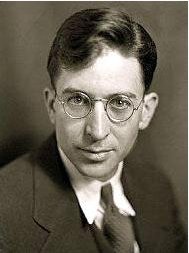 Firebrand and lightning rod, “Kingfish,” as he was called, was the Bayou State’s de facto dictator, a populist who planned to run for President on the promise of ending the privations of the Great Depression with his Share Our Wealth redistribution plan. A month after he announced his intentions to face off with Franklin Delano Roosevelt, however, Long was felled by an unlikely gunman named Dr. Carl A. Weiss, a son-in-law to one of the Senator’s political enemies but not someone suspected by any relative or friend of having murder on his mind. Weiss was immediately killed by the spray of bullets sent his way as Long’s bodyguards returned fire.
Firebrand and lightning rod, “Kingfish,” as he was called, was the Bayou State’s de facto dictator, a populist who planned to run for President on the promise of ending the privations of the Great Depression with his Share Our Wealth redistribution plan. A month after he announced his intentions to face off with Franklin Delano Roosevelt, however, Long was felled by an unlikely gunman named Dr. Carl A. Weiss, a son-in-law to one of the Senator’s political enemies but not someone suspected by any relative or friend of having murder on his mind. Weiss was immediately killed by the spray of bullets sent his way as Long’s bodyguards returned fire.
In the annals of American assassinations, a sorrowfully long list, there was probably no killer who had a better attended or more solemn funeral than Weiss. A brief article in the September 10, 1935 Brooklyn Daily Eagle described the scene.
Tags: Carl Weiss, Huey P. Long
Tags: J.H. Collinger, Miss Amy Frantz
Tags: August Schmitt


